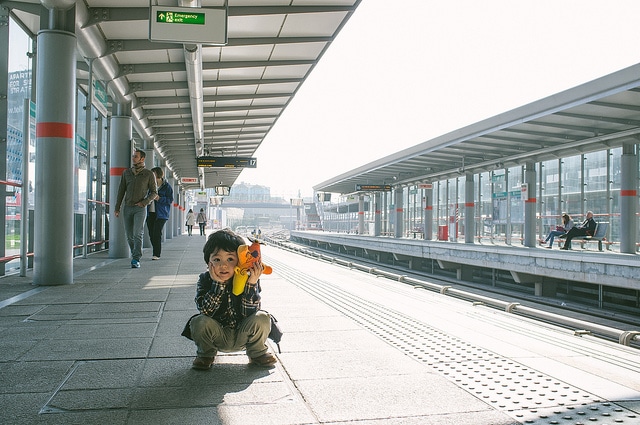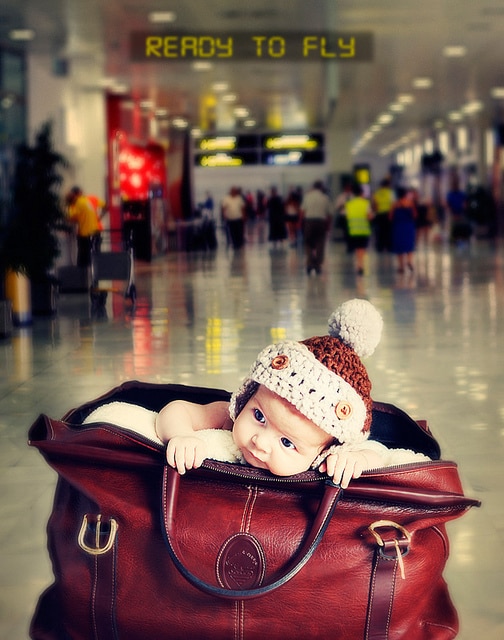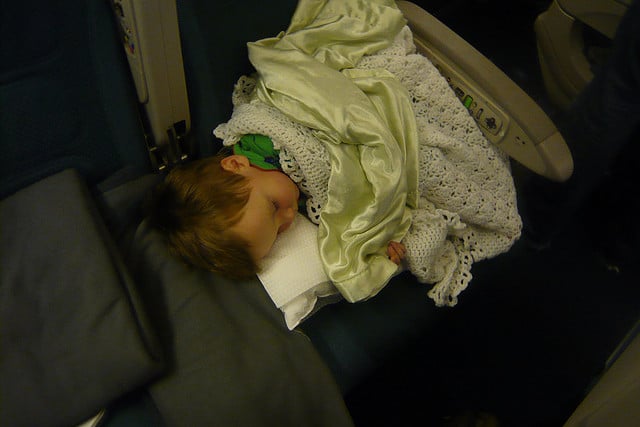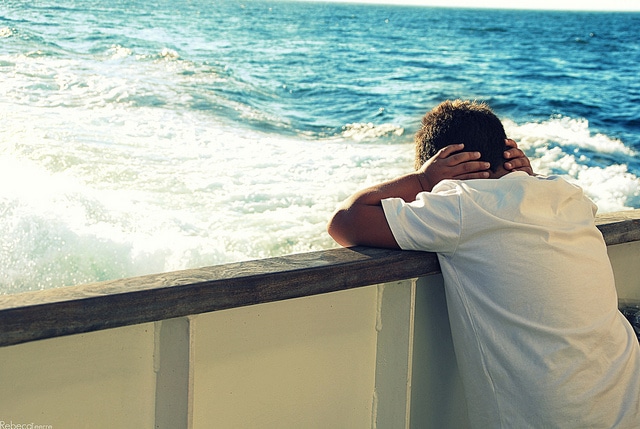Travelling with kids is not even half easy as travelling alone, cause we cannot ask the kid to endure the same things we usually do, like not resting or eating well to make the most of the trip. But since we want to enjoy these new experiences with them, here we have some tips to help you travel with children with no problem:
If travelling by car or train
– Make sure the vehicle has passive safety measures appropriate to the characteristics of your son, both weight and height.
-In longer trips, it is essential to wear comfortable, soft and loose clothing. If you can, bring your own pillow, a blanket, toys, books, pencils and paper to entertain children as well as diapers, change of clothing for the baby, bottle, pacifier…

– Do not forget to bring drinks and food for the trip, plus enough warm clothing. You never know when a snowfall can delay your trip in winter and removesome facilities such as heating or electricity.
If travelling by plane
– Remember that your child can travel from 7 days of life, but it is advisable to indicate it to the airline to enjoy some facilities.
– If your kids suffer from otitis media the best is to wait until its resolution before flying.
– If you need to take milk, keep in mind that you cannot pass the milk powder premixed with water through airport security. Bring the milk powder and buy water after passing the control.

– If you take liquid medications as syrups or drops they must be accompanied by the prescription.
– Precautions on takeoff and landing. The variation in atmospheric pressure during takeoff and landing of the airplane can cause earaches, dizziness or nasal obstruction in children. To dampen the discomfort, it is advisable to swallow saliva and chew something. For infants under 2 years old it helps to breastfeed them during takeoffs and landings or give them a pacifier, water or juice.
-The Jet Lag is an organism disorder when passing through different time zones and having to adjust to the new time. Adaptation is more difficult when the trip is made from west to east. The most common symptoms are: fatigue, disorientation, loss of appetite, mood changes and weakness. Children are easier to get adapted than adults. To prevent this we recommend to sleep on the plane, try to get adapted to the schedule of the destination country exposing to the daylight and resting at night and adapt meal times progressively.

If getting dizzy
– Try not to travel with a completely full or empty stomach. Ingest drinks and food in small quantities, preferably salted before sweet.
– Keep the vehicle well ventilated.
– Try to keep the head still and fixed on a distant point outside the vehicle.

– Avoid any activity that requires to stare at the vehicle (reading, drawing or using tablets and consoles, …)
– If you are the driver, try not to take the curves fast or make sudden changes in speed.
– Travel always facing and looking at the direction of the trip.
– In case of travelling by boat, plane or bus, try to be in the central part, which is the one that swings the least.
Photos: josédelgado, Rebeca, Ben and P-Zilla.














